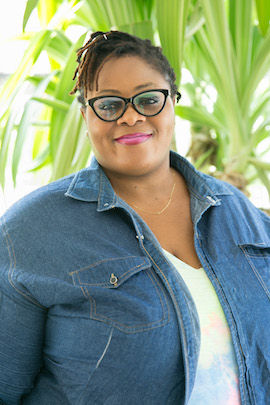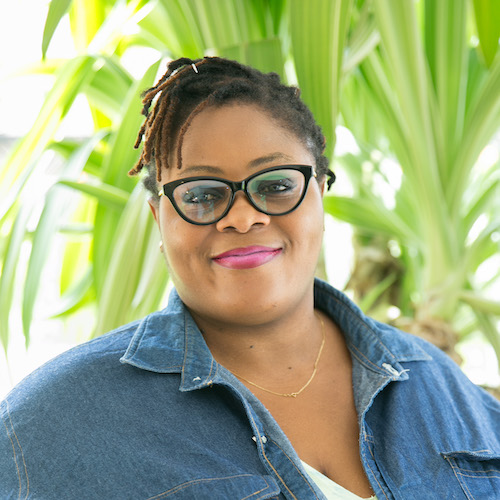
Amaka Narah Enermo, Rise Up Leader from Nigeria
By Amaka Narah Enemo, Rise Up Leader, Nigeria, and Executive Director for the Passion and Concern for Women Welfare and Empowerment Initiative
Continuing our series of profiles of Rise Up Leaders, Amaka Narah Enemo shares how being a Rise Up Leader has amplified her work speaking out for the rights and protection of sex workers in Nigeria.
In Nigeria, female sex workers face high levels of physical, sexual, emotional, and psychological violence by clients, co-workers, management at brothels, healthcare professionals, and law enforcement. They are also often barred from accessing adequate health services, legal services, and general human rights protections.
As a former sex worker and because of the discrimination I once faced, I am inspired to do the work that I do. As Executive Director of Passion and Concern for Women Welfare and Empowerment Initiative (PACOWWEI) I help build opportunities for sex workers in Nigeria, including: HIV testing and counseling, STI referrals, peer to peer education and support groups, and economic empowerment. Based on my own experience and the stories of other sex workers, the most important thing to me is to reduce violence against sex workers.
I applied to the Rise Up program because I wanted to gain more knowledge about advocacy so that I could better advocate for the rights of sex workers, support the sex workers’ movement to end violence in this community, and build strong alliances with other groups who are promoting women’s voices.
When I was accepted into the program, I felt that this was a special opportunity for me to change and grow. I was also overwhelmed with appreciation that Rise Up did not stigmatize or reject me because of my past as a sex worker. I told myself, “Yes! I am not going to let Rise Up down for believing in sex workers and seeing them as human beings.”
The Leadership and Advocacy Accelerator training was a turning point for me. I learned more about advocacy and improved my proposal writing skills. I’ve already put what I learned into practice by writing a proposal for the Ambassador’s small grant which PACOWWEI was awarded. Before the training, we were denied this same grant more than three times. The grant is focused on reducing police violence against sex workers and will allow us to work closely with a team of trained sex workers, brothel managers, and their allies to advocate for the creation and adoption of standardized guidelines and policy for police engagement with sex workers in Abuja.
The advocacy skills I learned also made me more confident in speaking out for sex workers in Abuja and Nigeria at large. In addition, I built my skills in leadership, effective communication and networking, and broadened my knowledge of women’s and girls’ issues in Nigeria and how best to communicate them to others.
I want to express appreciation to Rise Up for contributing to my dreams. My hope and vision for the future is to see a Nigeria where all women, including female sex workers, are respected and protected.


